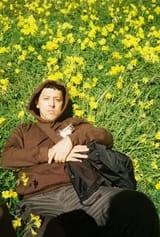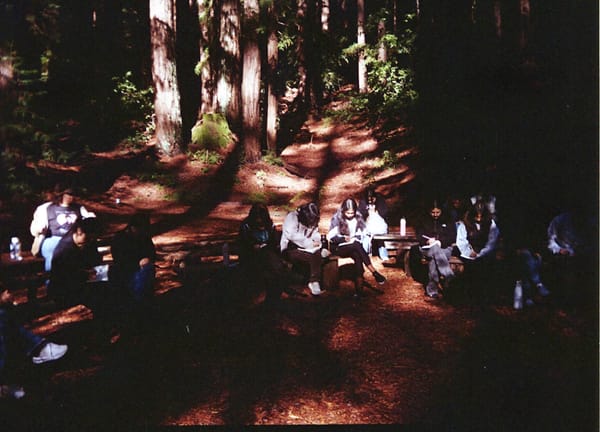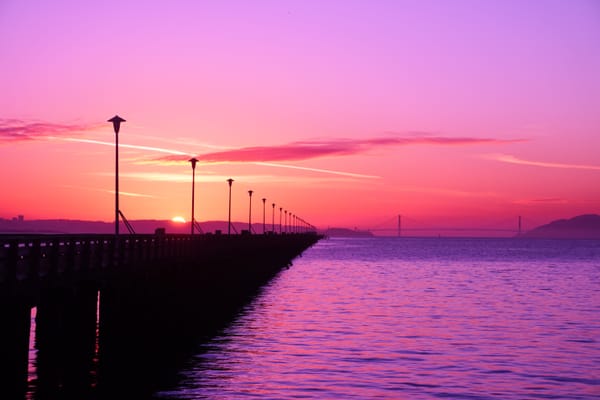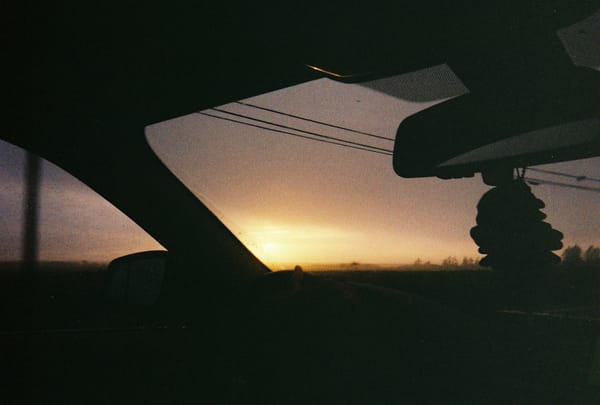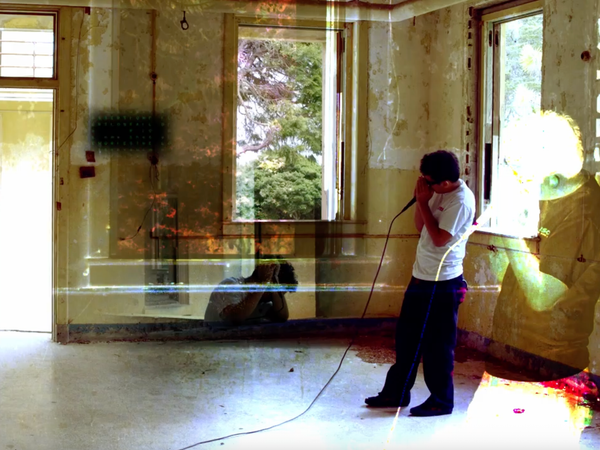On The Compression of Time

Growing up, I never knew when or where I'd encounter my friends. With Marco from across the street, I'd go up to his door and ask if he was down to play with me. With Fernando, I was older and we agreed upon a specific whistle as the signal—if the other didn't answer, it wasn't time. As we got older, there was less and less time to just fuck around. People moved away, moved on and moved faster. It felt natural and expected.
Yet, all around us I see time being compressed to its limits in very real ways.
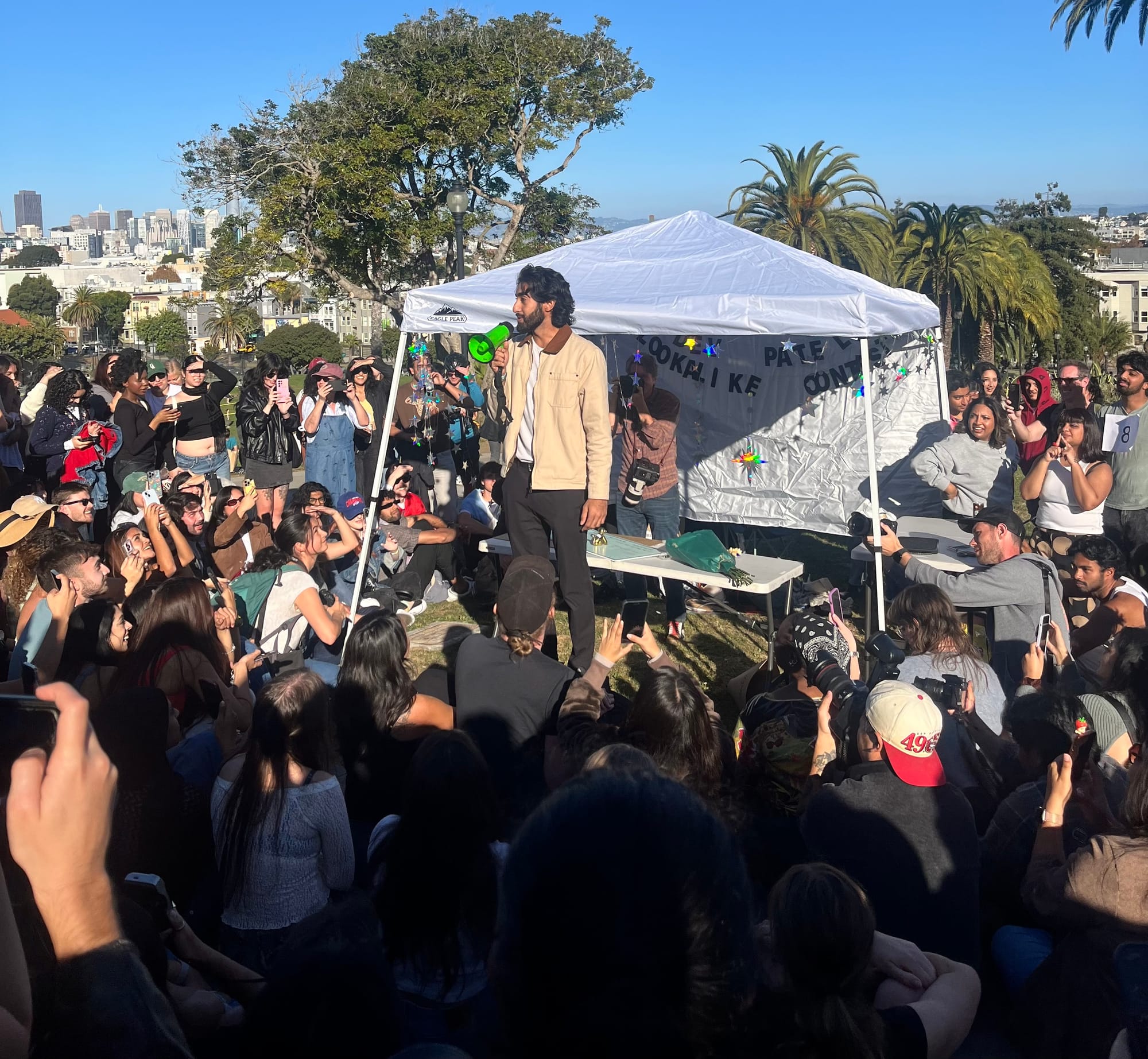
My generation was one of the first to grow up with social media. Before social media, I never knew where people were or what people were doing. At some point in elementary school, we got on Facebook. Then, we could message each other, update each other, and watch each other.
Social media started out pretty slow: you would update people on big things. "I moved schools" became my big thing at the time. The time between the thing happening and when people found out about it was long. Days, weeks, months would go by.
Then came Instagram. It was a faster app—people have photos to share and it was significantly easier to do so. This introduced the pressure of performance on people who were growing up with these technologies. Suddenly, your moments had to be Instagram-able. Now, the real race to compress time and capture all of life began in earnest.
Snapchat. You document and post things as they happen. Twitter. Find out about breaking news as it develops—provided that area has reliable internet. Apple's Find My Friends. Now you can follow your friends along the globe. Suddenly the world was thrust into a new era. People's every move is now traceable over time. Everyone on these apps began producing more and more data.
Of course, not everyone jumped on the accelerating train. They were called Luddites and tech-hating. Maybe they are.
Some embraced it and stepped on the gas pedal. We know them as creators and influencers. In another world, they might've been called infomercial hosts. In our world, they livestream and capture most of their moments and do sponsorships to fund it. Social medias enabled this compression of time to the limit—we can always be caught up to someone's present if we want it. Some platforms even tell you when someone is online. People walk around with cameras out and recording, sometimes on long sticks. Our worlds are certainly worth the attention—but is it worth being behind the screen?
This is made possible only by the technology and the engineers behind the tech. It was difficult enough to create the initial applications that got everyone on the computer, but it's a different type of hard to serve millions and billions of people. As these technologies got more advanced simply through demand, so did their effects on and tracking of people. As a result, even what people see is tracked closely.
However, social media isn't the only arena where time is being compressed! There was a time when only humans could estimate how long a journey would take. Then we had basic GPS that would estimate based on an average speed. Then we had apps that would predict down to minute based on historical traffic. Now we have Google Maps, Apple Maps and Uber that predict your arrival based on current traffic and blocked roads, down to the minute.
Amazon has been in a race to compress delivery times of physical items. Imagine, mail used to take months to travel across the Americas by foot and horse. People invented cars got better at that; then it took week for small letters. Now, engineers developed software and supply chains so whatever the heart desires can be yours tomorrow. (For a small price, and someone's feet-breaking labor.)
Capital markets have been compressing time too. You can trade many stocks 24/7 thanks to Robinhood. The trades are now measured in milli and nano seconds—too short for any person to understand, but just enough for computers (and therefore hedge funds) to compete on an unreachable level. As a result, Twitter posts now move trillions in capital over minutes. While stocks have always had future performance built in, the world uses much more data to predict valuations and keep them utterly current.
With the amount of data that engineers have collected, we can now reliably predict the future. You can know exactly when your friend will be somewhere. Maybe through their online calendar or maybe through their GPS estimate streamed directly to your personal device. Advertisers can know when people are pregnant, sometimes before they do. Google built "Daddy's Home," that tells Israel when someone will be around to bomb. Sometimes in our age, presidents of countries tell their supporters when stocks will rise.
Time has been compressed to obliteration. Our media used to be measured in albums, feature-length films and books. Now, a lot of life is measured in clips, shorts, tracks and posts. No wonder so many of us spend so much time scrolling on their phone. It's harder and harder to fill up your time when all you're given is meant to be consumed near-instantly.
Over time, more and more of life will be planned out. AI is already planning out some people's calendars and social interactions for them. Services like HelloFresh and Forkable plan out what you'll eat in the upcoming week. Entire cities are planned out to 'perfection' and constructed (or attempted).
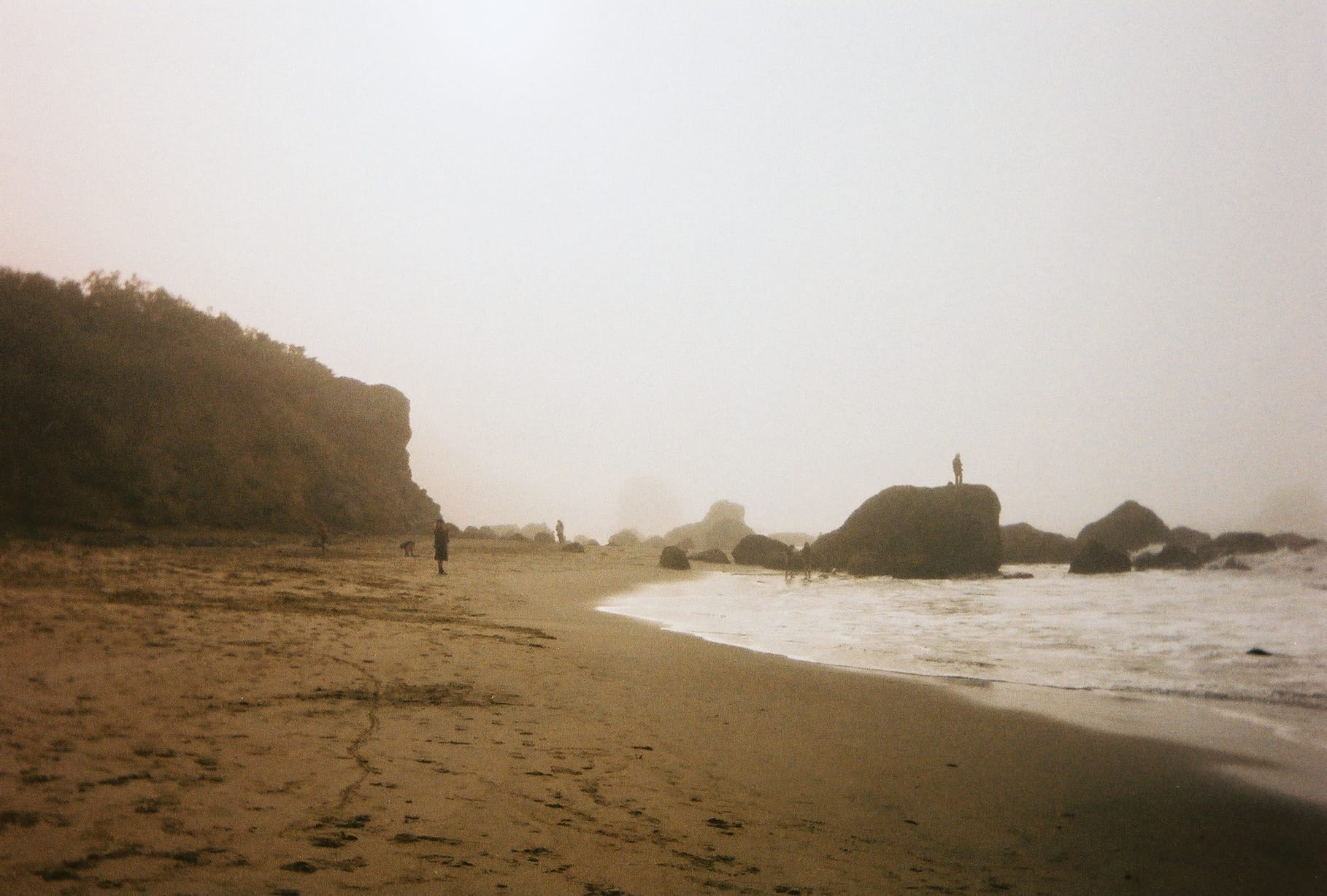
Over my lifetime, I've gone from whistles to calendar invites. Little spontaneity exists in a world where time is treated as indispensable and ultimately important, even while taking more and more of it.
Maybe humans weren't meant to take on this much information in so little time.. Some people certainly thrive on it. Showing up to coffee chat after coffee chat, then knocking out their work—all while making content for social media. Certainly some people thrive under the spotlight: calculating their every movement on camera. A good portion of people really like that life can be planned out and predictable. A simple life sounds like bliss. Yet, few really get that.
Others turn away from the quick pace and harshness of it all. Many of my generation are re-imagining the world before data and technology: watching a friend show you something new they tried, drawing your surroundings in the park while you're there, dancing to hours of DJ sets never knowing who's playing, exploring the woods without no map or direction, showing up to the theater just hoping something good is on, finding a hotel on the side of the road hoping there's vacancy. This is what our parents knew, and what we can too.
When it seems like the entire world seems to be accelerating its spin, it's important to sit still and take a breath. This world we live in will only continue extending its reach into the future, in ways we can't yet understand. Yet, as much as some patterns can be mapped out, the future isn't ours to know for certain. People I know can and are making deliberate choices to slow down and experience the world for all it already has to offer us, and then returning to our computers to create and play. That's what they were intended for, after all.
